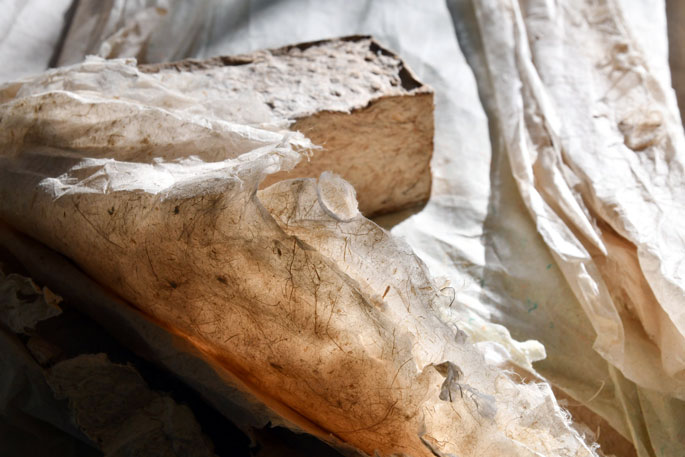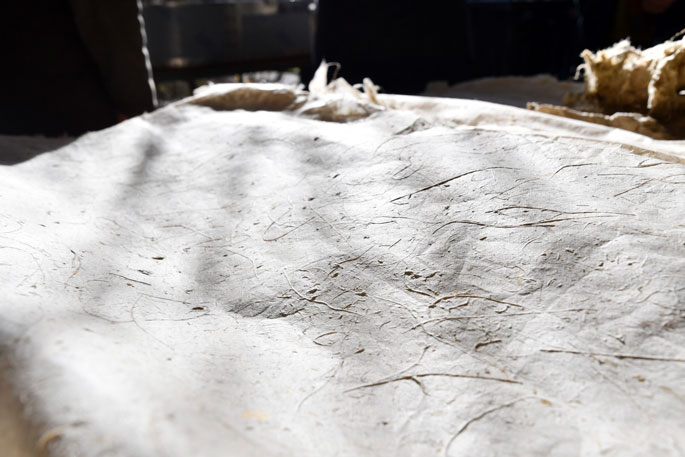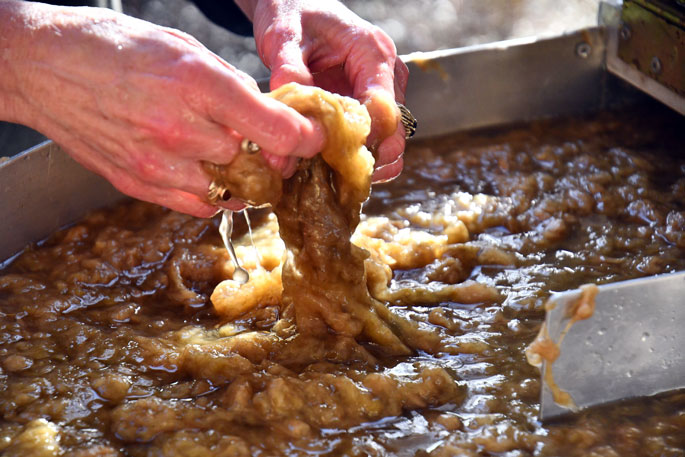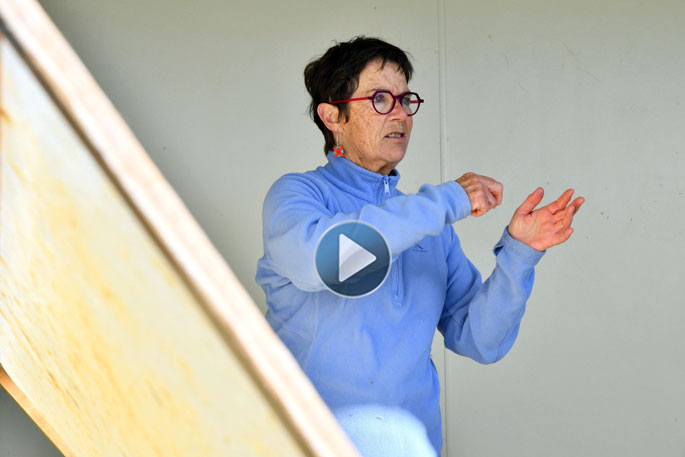Nearly 400 Rotorua residents - or those wishing to be buried in the city - are pushing their council to create a natural burial site.
Natural burials favour encouraging natural decomposition in the earth under a tree over embalming and elaborate coffins.
There are natural burial zones in neighbouring places including in Whakatāne and Taupō, and one is planned for a cemetery extension in Te Puke.
Those in favour of the alternative burial consider it environmentally, culturally and economically beneficial.
The cost of dying has risen along with the cost of living, and funerals commonly run into the thousands of dollars.
Purchasing an adult burial plot in Rotorua costs $2417, and burial fees $633.
Cremation costs $603 with varied costs for memorial options.
Other death costs can include a memorial service, transporting the body, professional funeral director services, death notices, a headstone or plaque and a casket.
The Funeral Directors Association estimates “hygienic preparation of the deceased, eg embalming” generally costs $700 to $1050 and a casket $1200 to $5000.
Whakatāne District Council had its first natural burial in 2021 and charges $2300 for a plot – the same as a standard burial. A standard weekday burial is $795 or $1130 for the natural alternative, including a $300 tree and compost.
Te Atawhai Aroha Trust presented a 396-signature petition to Rotorua Lakes Council calling for a natural burial zone to be created in Rotorua.
The trust provided a brochure to Local Democracy Reporting that explained the process of its proposed natural burials.
 Natural burial may involve the body being wrapped in a shroud. Photo / Laura Smith.
Natural burial may involve the body being wrapped in a shroud. Photo / Laura Smith.
Bodies cannot be embalmed. The body is buried in a shallow plot, using an eco-friendly coffin or shroud. Man-made materials are avoided.
Compost is added during burial, and later, a native tree is planted over the grave.
With land at Tarukenga already zoned for cemetery use, the group believed a section could be allocated for the alternative burial option.
The petition asked the council to look at introducing a public natural burial zone in the next two or three years as it considered its narrowing cemetery capacity.
Petitioners who don't live in Rotorua whakapapa to the area and wish to be buried in the district naturally.
The trust also submitted during this year’s Long-Term Plan and shared its views on natural burial’s environmental, cultural and economic benefits.
On Wednesday, trustee Richard Bird said the petition was to keep the kaupapa (proposal) on the council agenda.
“In our experience natural burial resonates strongly with a large sector of our community and support for it is growing as more people come to realise its benefits.”
Bird explained how the council’s Tarukenga cemetery would be suitable.
The council purchased Tarukenga cemetery in 2011 and it covers 13 hectares. It has not been developed.
Bird expected minimal council expenditure for “little more” than changing the current farm track to a metal road. A landscape plan would be required when it was developed anyway, he said.
Bird said local iwi/hapū Tura Te Ngakau supported the proposal.
A 2019 Local Government Official Information and Meetings Act response advised there were 14,803 estimated plots on the Tarukenga land.
 This burial shroud was made from harakeke (flax). Photo / Laura Smith.
This burial shroud was made from harakeke (flax). Photo / Laura Smith.
Natural burial, however, did not fit traditional burial requirements.
Mayor Tania Tapsell asked how much capacity the land had for natural burials.
“I can’t give you a technical answer to that other than to say heaps,” Bird said.
While traditional burials require flat land, natural burials could utilise sloping hills.
The trust held a National Compassionate Communities hui last week, which included a harakeke (flax) shroud-making workshop.
It is one way bodies can be buried avoiding synthetic materials.
After the meeting trustee Maria Oliver said she liked “the notion of non-contamination of the environment”.
She said there was an abundance of harakeke in Rotorua, “a natural material that is in plentiful supply” for shroud-making.
She also believed while some viewed natural burial as an alternative, culturally, she viewed it as traditional.
“Resurrecting an old practice.”
 Natural burial shrouds can be made from native harakeke (flax). Photo / Laura Smith.
Natural burial shrouds can be made from native harakeke (flax). Photo / Laura Smith.
Trust co-ordinator Sarah Dewes told Local Democracy Reporting the workshops had been going for three years in anticipation of having a natural burial site locally.
“So, what we’re doing with this is showing people how to collect flax right from the beginning of the process all the way through to making their own shrouds.
“And during that process, we have lots of discussion about death and dying, which is a topic we don’t really talk about much in our society.”
LDR is local body journalism co-funded by RNZ and NZ On Air.




0 comments
Leave a Comment
You must be logged in to make a comment.